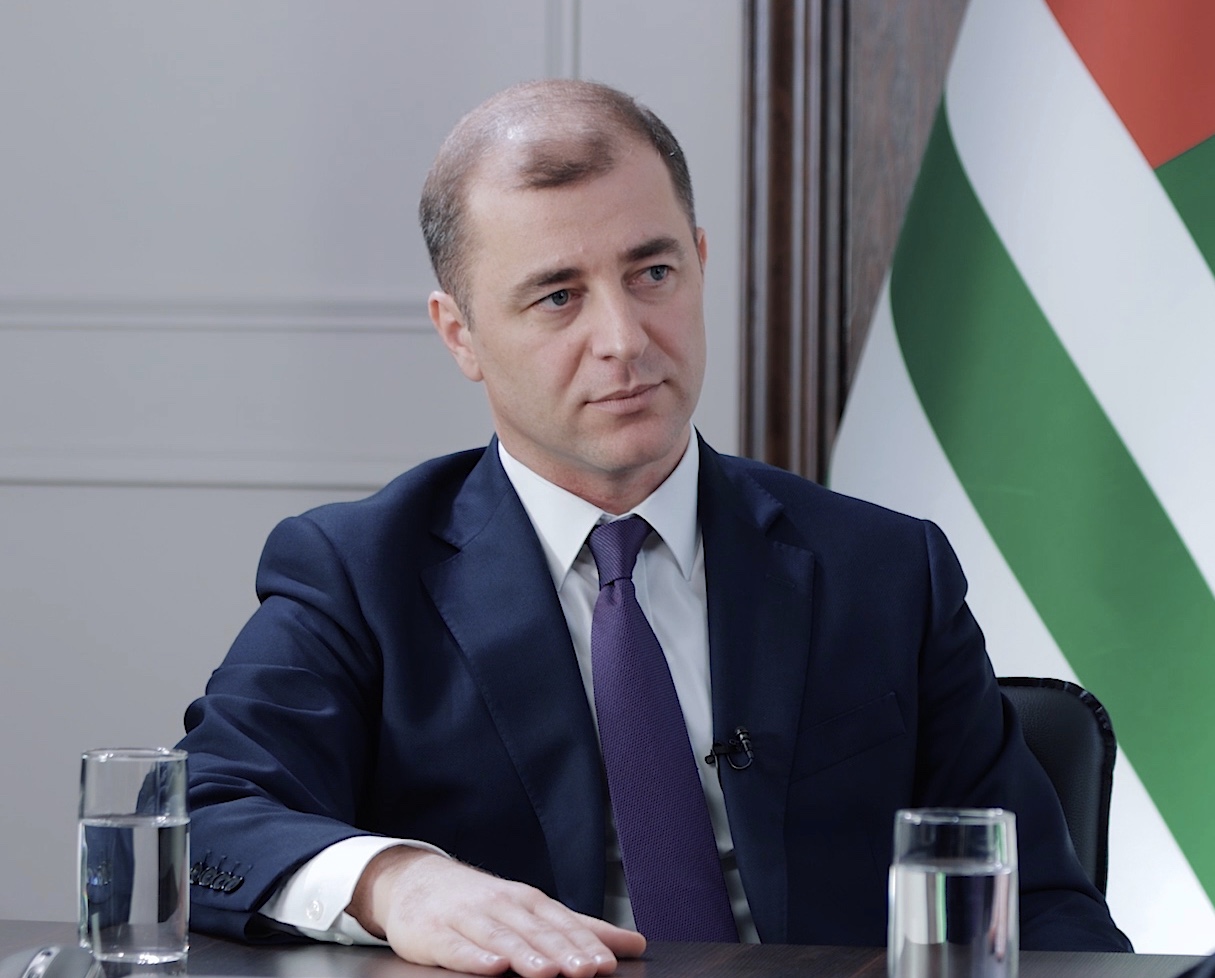
Russian-Abkhaz agreement ratified
The Abkhaz Parliament has ratified the Russian-Abkhaz agreement on the “Mutual Recognition of Court Decisions in Economic Matters.” This was one of the conditions set by the Kremlin to improve Russian-Abkhaz relations, which are currently facing a serious crisis.
In Russia, this agreement was ratified as early as the beginning of 2023. However, Abkhazia was slow to “reciprocate.” The Abkhaz Parliament delayed consideration of the issue, as expert circles largely believed the agreement would be unfavorable for Abkhazia, potentially creating difficulties for local businesses.
Nevertheless, after lengthy discussions, including behind-the-scenes negotiations, the Parliament eventually ratified the agreement by a majority vote.
The agreement aims at the mutual recognition and enforcement of court and commercial arbitration decisions that have entered into legal force, particularly regarding disputes arising from entrepreneurial and other economic activities. Its provisions also apply to judicial and arbitration decisions that have approved settlement agreements.
“The ratification will contribute to the development of interstate relations and the protection of the rights and legal interests of participants in entrepreneurial and other economic activities,” according to the explanatory note attached to the draft law.
The agreement outlines seven grounds for refusing the enforcement of court rulings, one of which includes cases where a court decision may harm sovereignty, threaten security, or contradict public order of either party involved.
- A portrait of Shamil Basayev was displayed in an Abkhazian museum. After outrage from Russia, the exhibition was closed
- Tutoring and relatives in the village: survival secrets of teachers in Abkhazia
Abkhazia’s Minister of Justice, Anri Bartsits, believes that the ratification of the agreement will create new opportunities for Abkhaz entrepreneurs. According to the minister, the document implements international principles for recognizing court decisions, as outlined in the New York Convention, which is applied in over 160 countries.
“This practice is widespread around the world. As the global economy develops, there is a growing need to protect, first and foremost, the interests of national entrepreneurs,” Barcits stated.
Meanwhile, Dauda Khutaba, Chairman of the Parliamentary Committee on Legal Policy, expressed concerns that the republic’s citizens may not be fully prepared for the potential consequences of the new agreement. “I haven’t heard of any efforts to train corporate lawyers who could help our citizens protect their interests in the Russian Federation. I don’t see people being informed about the difficult situations they might encounter, what risks they could face, and how to navigate them,” Khutaba remarked.
Toponyms, terminology, views and opinions expressed by the author are theirs alone and do not necessarily reflect the views and opinions of JAMnews or any employees thereof. JAMnews reserves the right to delete comments it considers to be offensive, inflammatory, threatening or otherwise unacceptable.


